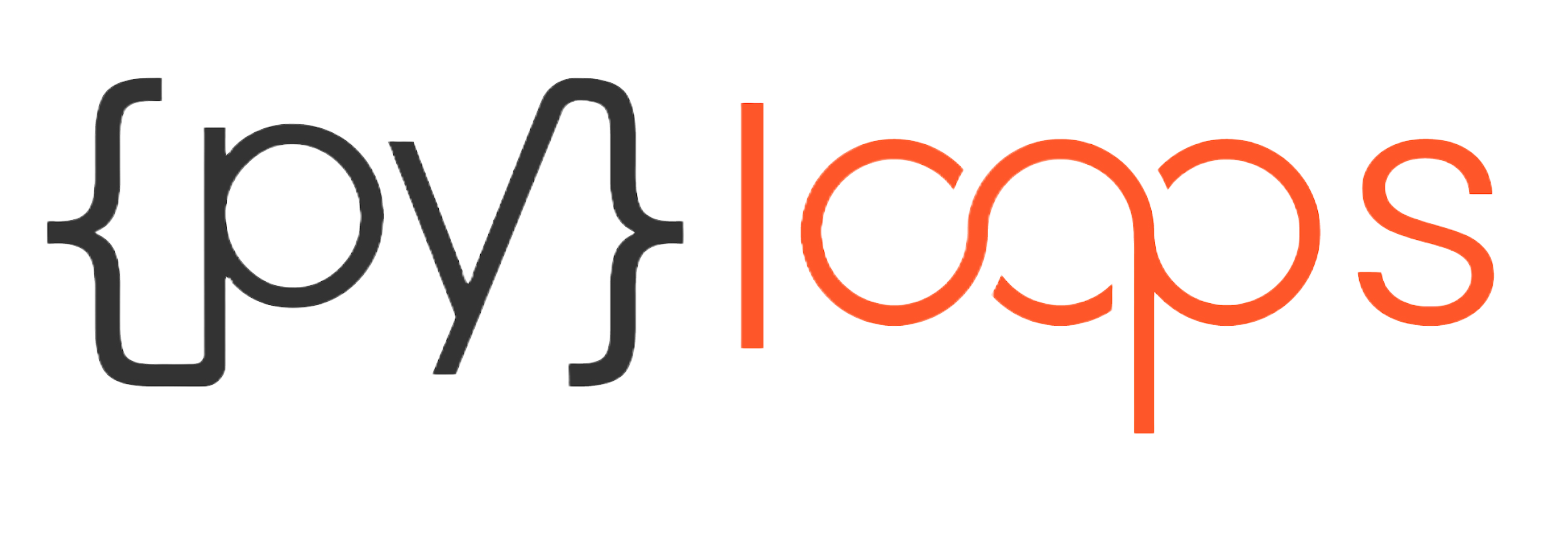
blogs
How to Increase Your Job Prospects as a Software Developer
July 2, 2024react, nextjs, Remote Work, Upskilling, ContinuousLearning, FutureOfWork, WebDevelopment, Frontend, JavaScript, ITJobs, JobOpportunity
1. Refine Your Resume and Online Profiles
- Resume: Ensure your resume is up-to-date, highlighting your most recent experiences and achievements. Use quantifiable metrics to showcase your impact in previous roles.
- LinkedIn: Keep your LinkedIn profile current. Engage with relevant content, join groups, and connect with recruiters and peers in your industry.
- GitHub/Portfolio: Maintain an active GitHub profile or personal portfolio showcasing your projects, code samples, and contributions to open-source projects.
2. Leverage Job Boards and Company Websites
- Job Boards: Utilize job boards such as Indeed, Glassdoor, and SimplyHired. These platforms often have listings for senior-level positions.
- Specialized Platforms: For tech-specific roles, use platforms like Stack Overflow Jobs, GitHub Jobs, and Dice.
- Company Websites: Identify companies you’re interested in and apply directly through their career pages.
3. Network Actively
- Industry Events: Attend conferences, webinars, and meetups. Networking at these events can lead to job opportunities that are not advertised publicly.
- Alumni Networks: Reconnect with former colleagues and peers from previous jobs or educational institutions.
- Online Communities: Engage in online communities like Reddit’s r/cscareerquestions, Dev.to, and various Slack channels.
4. Enhance Your Skills
- Certifications: Consider obtaining certifications relevant to your field, such as AWS Certified Solutions Architect, Google Professional Cloud Developer, or Microsoft Certified: Azure Developer Associate.
- Courses: Enroll in advanced courses on platforms like Coursera, Udemy, or Pluralsight to learn new technologies and methodologies.
- Side Projects: Work on personal or open-source projects to keep your skills sharp and demonstrate your passion for development.
5. Prepare for Interviews
- Technical Interviews: Practice coding problems on platforms like LeetCode, HackerRank, and CodeSignal.
- Behavioral Interviews: Prepare for behavioral questions by reflecting on past experiences and using the STAR (Situation, Task, Action, Result) method to structure your responses.
- Mock Interviews: Participate in mock interviews with peers or use services like Pramp and Interviewing.io.
6. Tools for Job Search and Application Tracking
- Job Search Engines: Google Jobs, LinkedIn Jobs, and ZipRecruiter.
- Resume Builders: Enhancv, Zety, and Novoresume for creating professional resumes.
- Application Trackers: JibberJobber, Huntr, and Notion to keep track of applications and follow-ups.
- Networking Tools: Meetup for industry events, Shapr for networking, and Slack for joining professional communities.
7. Stay Updated with Industry Trends
- Newsletters: Subscribe to newsletters like Hacker Newsletter, The Pragmatic Engineer, and Software Lead Weekly.
- Blogs: Follow industry blogs such as Joel on Software, Martin Fowler’s Bliki, and The Overflow.
- Podcasts: Listen to podcasts like Software Engineering Daily, The Changelog, and CodeNewbie.
8. Engage in Thought Leadership
- Blogging: Start a blog where you share insights, tutorials, and experiences related to software development. This can demonstrate your expertise and passion for the field.
- Public Speaking: Speak at industry conferences, webinars, and meetups. This not only showcases your knowledge but also expands your professional network.
- Social Media: Use platforms like Twitter, LinkedIn, and Medium to share your thoughts on industry trends, engage with other professionals, and stay visible in the tech community.
9. Tailor Your Applications
- Customized Resumes: Tailor your resume for each job application to highlight relevant skills and experiences that match the job description.
- Cover Letters: Write personalized cover letters that reflect your understanding of the company’s needs and how you can address them.
10. Use Recruitment Agencies
- Specialized Agencies: Work with recruitment agencies that specialize in tech placements. They can provide insights into the job market and connect you with potential employers.
- Tech-Specific Recruiters: Build relationships with tech-specific recruiters who have a deep understanding of the industry and can advocate on your behalf.
11. Seek Referrals
- Employee Referrals: Reach out to current employees at companies you’re interested in and ask for referrals. Many companies prioritize referred candidates.
- Professional Network: Leverage your professional network to get introductions to hiring managers and decision-makers.
12. Freelance and Contract Work
- Freelancing Platforms: Consider taking on freelance or contract work through platforms like Upwork, Toptal, and Freelancer. This can lead to permanent opportunities and expand your portfolio.
- Consulting: Offer consulting services to companies looking for expertise in your domain. This can provide income while you search for full-time roles and build relationships with potential employers.
13. Mentorship and Coaching
- Mentorship Programs: Join mentorship programs either as a mentor or mentee. This can provide guidance, new perspectives, and networking opportunities.
- Career Coaching: Invest in career coaching services to get personalized advice, resume reviews, and interview preparation.
14. Stay Organized
- Job Application Spreadsheet: Use a spreadsheet to track job applications, follow-ups, and interview stages.
- Task Management Tools: Tools like Trello, Asana, or Todoist can help you stay organized and manage your job search activities effectively.
15. Explore New Geographies
- Remote Work Opportunities: Look for remote positions that allow you to work from anywhere. This widens your job search beyond your immediate geographical location.
- Relocation: Consider relocating to tech hubs or cities with a high demand for software developers if you’re open to moving.
16. Stay Positive and Persistent
- Resilience: Job searching can be a long and sometimes discouraging process. Stay resilient and keep a positive mindset.
- Continuous Improvement: Reflect on feedback from interviews and continuously improve your resume, skills, and interview techniques.
Conclusion
The job market for senior software developers is competitive, but with a comprehensive and strategic approach, you can increase your chances of finding the right opportunity. By leveraging thought leadership, tailoring your applications, utilizing recruitment agencies, seeking referrals, exploring freelance work, and staying organized, you can effectively navigate your job search and land a role that aligns with your career aspirations. Remember to stay positive and persistent throughout the process.